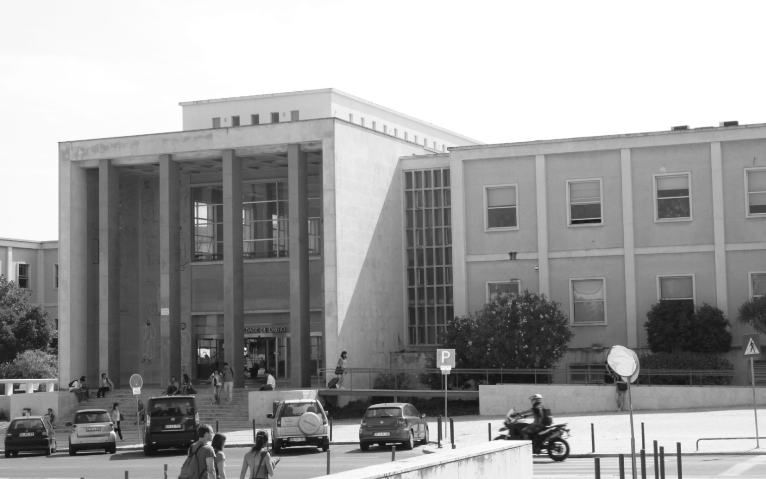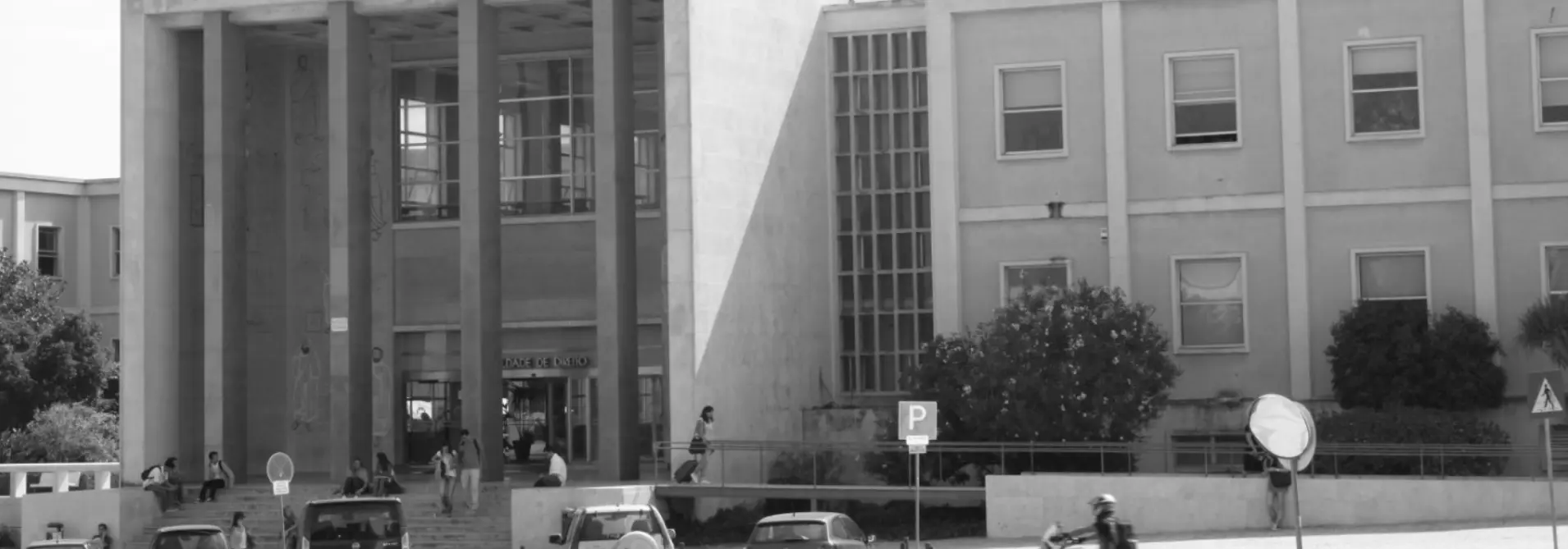TC – Case No. 440/2024; Ruling No. 506/2024
In Ruling No. 506/2024, the 1st Section of the Constitutional Court, in a specific review, ruled that it is not unconstitutional to consider GPS data collected by a vehicle owner and provided to the Judiciary Police as evidence. However, this data requires judicial validation before being admitted to a criminal case.
This ruling concerns an appeal to the Constitutional Court against a decision of the Supreme Court of Justice (STJ), which, on February 28, 2024, dismissed the appeal (regarding the merits of the criminal case) and rejected it (regarding an interlocutory appeal), in a case where the appellant was convicted at first instance to 23 years in prison for the crime of aggravated homicide.
It is important to note that during the trial, the Judiciary Police requested and added to the case "data recorded by a GPS system installed in a rental vehicle with the license plate," which could be considered a covert means of obtaining evidence and infringing on the appellant's privacy.
The ruling addresses two key issues. On one hand, it holds that the provision allowing the evaluation of GPS data collected by a vehicle owner and provided to the Judiciary Police for criminal investigation purposes, under Article 125 of the Code of Criminal Procedure, is not unconstitutional when used as valid evidence in a criminal case. On the other hand, it finds that the provision allowing this data to be added to a criminal case without judicial validation is unconstitutional.
In its analysis, the Court identified two distinct situations: i) "the placement of GPS devices in vehicles by investigative authorities, which is actively intrusive into the privacy of the targeted individuals, done covertly and innovatively," an activity not provided for in the Criminal Procedure Code, "but which some legal scholars accept as having legal coverage by analogy with the cellular location regime"; and ii) "the mere acquisition of location data that lawfully pre-existed outside the criminal process and was not generated for evidentiary purposes within that criminal context," which is less intrusive and corresponds to legally established means of obtaining evidence, such as documentary evidence and the acquisition of computer data under the Cybercrime Law.
Based on this distinction, the ruling concluded that in the absence of "abusive intrusion into the privacy of the targeted individuals or actions outside the legal framework for evidence in criminal proceedings, it remains to be concluded that the provision contained in Article 125 of the Code of Criminal Procedure, when interpreted to allow the evaluation of GPS data collected by a vehicle owner and provided to the Judiciary Police for criminal investigation purposes, does not violate the provisions of Article 32(8) of the Constitution, leading to the dismissal of the appeal in this regard." Therefore, there is no violation of privacy, as would be the case in a breach of telecommunications secrecy (cf. Rulings No. 268/2022 and 800/2023).
Finally, the ruling addressed the need for judicial validation when adding the mentioned evidence to the criminal process. In this regard, it was observed that "the acquisition of location data generated by GPS devices is likely to interfere with the privacy of the targeted individuals, that is, it infringes the right provided in Article 26(1) of the Constitution." Consequently, it concluded, "that judicial intervention is required whenever GPS data collected by a vehicle owner and provided to the Judiciary Police for criminal investigation purposes is to be added to a criminal case."
In light of the above, the Constitutional Court ruled "that the provision contained in Article 125 of the Code of Criminal Procedure is not unconstitutional when interpreted to allow the evaluation of GPS data collected by a vehicle owner and provided to the Judiciary Police for criminal investigation purposes." However, it ruled that the same provision is unconstitutional "when interpreted to allow the addition of such data to a criminal case without judicial validation, in violation of Articles 26(1) and 18(2) of the Constitution," and ordered "the case to be sent back to the Supreme Court of Justice so that it may reform the decision in accordance with this judgment of unconstitutionality." The appeal was not upheld on the other grounds raised.
This decision may have significant implications for the production, evaluation, and inclusion of evidence in criminal cases, particularly when dealing with private data obtained through personal electronic devices.
We invite everyone to follow the Observatório on social media for more relevant and up-to-date content on Constitutional Justice.
The full text of the ruling is available here.



